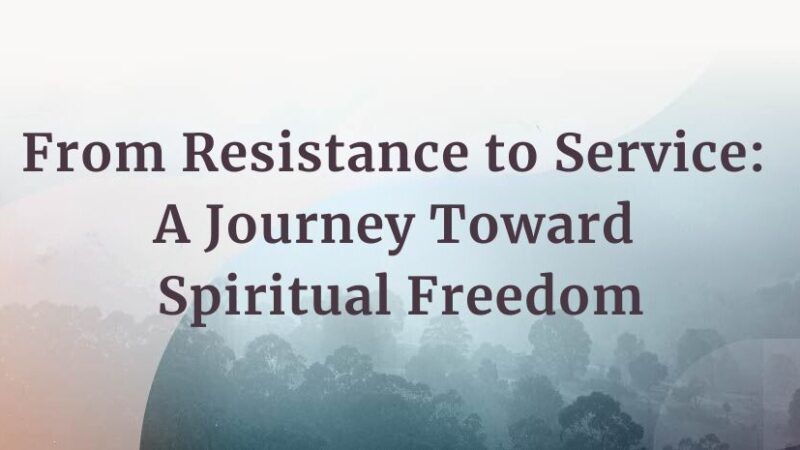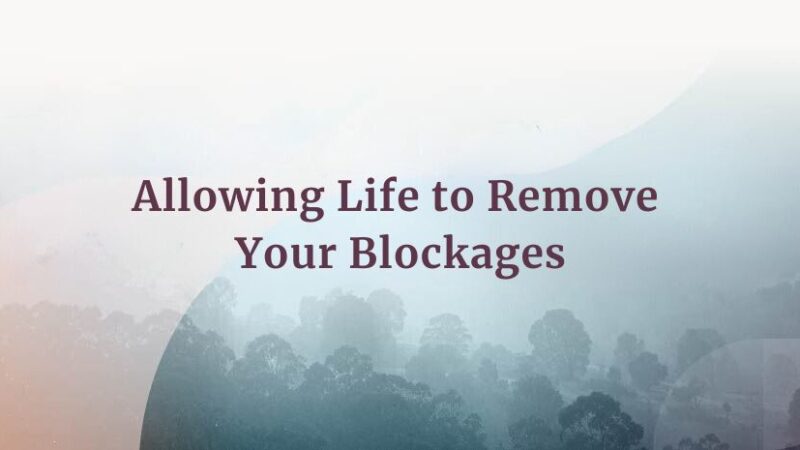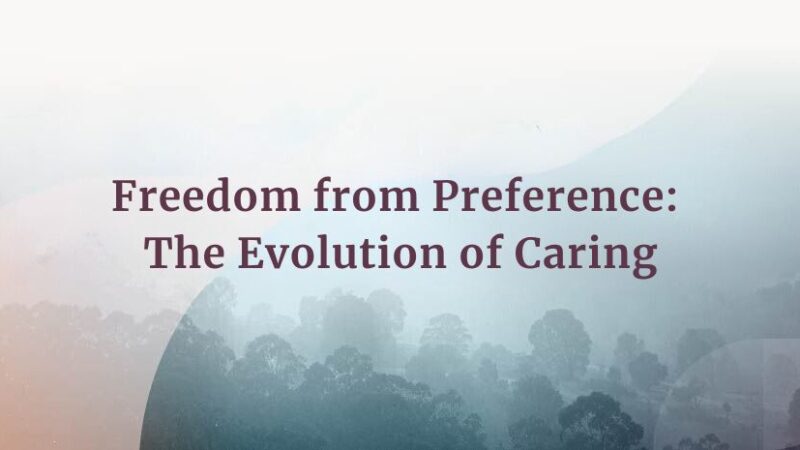E24: From Resistance to Service: A Journey Toward Spir...
The essence of a spiritual life involves embracing both acceptance and service. Most of our suffering comes from resisting reality and trying to control life’s outcomes. In truth, we have very little control over essential aspects of our lives. By accepting life as it unfolds, we free ourselves from unnecessary stress and anxiety. This acceptance is not passive; it leads to the ability to serve life in meaningful ways, bringing love, peace, and compassion into the world.
For more information, go to michaelsingerpodcast.com.
© Sounds True Inc. Episodes: © 2024 Michael A. Singer. All Rights Reserved.






